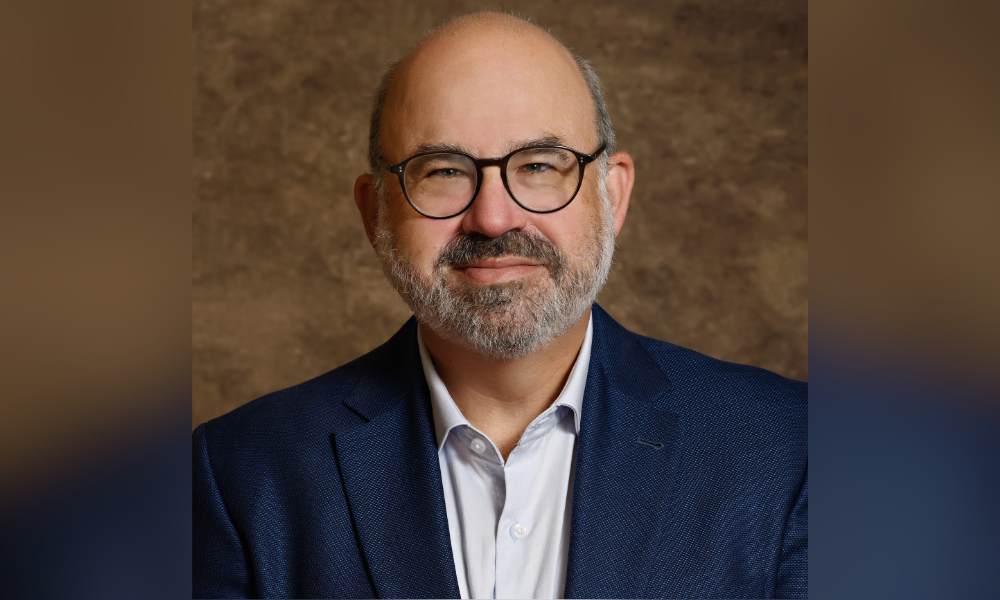Should the police be able to track who you call or text and where you are located throughout the day even when you are not suspected of any crime? Most people would not hesitate, I suspect, to say no.
Should the police be able to track who you call or text and where you are located throughout the day even when you are not suspected of any crime? Most people would not hesitate, I suspect, to say no.
If you are a lawyer, having that information tracked may be even more problematic if it is a phone you use for work. It could even violate solicitor-client privilege if the data is interpreted in the right way.
But that is what is happening now when police order what are known as “tower dumps.” As our cover story outlines, this technology allows police to obtain subscriber data and call records of anyone who used their mobile devices near a specific cell tower. Tower dumps are shrouded in secrecy, but there is no doubt the police are using this technology on a regular basis, as well as similar tools that impersonate actual cell towers and trick phones into attaching to them and disclosing phone log and location information.
Why should lawyers care? Because, in addition to the personal risk of a violation of solicitor-client privilege, lawyers are uniquely placed to highlight the risks — and realities — of how these tools are being used. They are also well positioned to provide solutions to the current situation.
Defence lawyers, Crown counsel and judges all see this data when it is disclosed in court, and many are speaking up about the risks. But as defence lawyer Michael Moon points out in our story, unless they uncover information that may negatively impact a client, there is no reason for defence lawyers to challenge these sweeping orders. Crown counsel would likely want the evidence if it is helpful to their case or simply ignore it if it is not. Judges have sometimes reigned in the use of these technologies, but expecting the courts to be the only institutions to do this is not a long-term strategy.
Traditional wiretaps on phones have a rigorous legal regime built up to provide accountability, but the rules have not caught up to the new tools and there is no legislated oversight of these new kinds of police requests. Apart from the judges who have provided guidelines in individual cases, the only form of accountability has been from challenges to the scope of tower dumps fought by telecoms such as Rogers and Telus.
Creating a legal regime is clearly the role of the government, but the legal profession needs to step up to pressure our government to do this. Lawyers, as a profession, are uniquely placed to understand the benefit of setting down rules and guidelines so that police know what they can and can’t do and how to best protect the privacy rights of the public.
Criminal lawyers, Crown counsel, privacy law experts and all lawyers who can imagine their own or their client’s information being unintentionally disclosed to the police can play a role.










